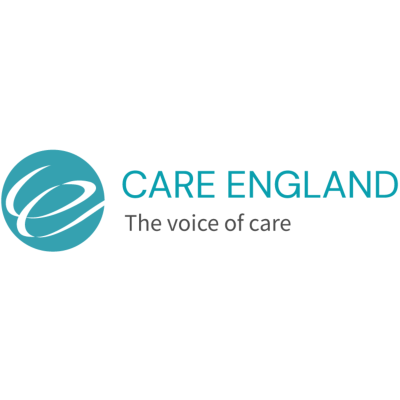Ewan King, Chief Executive of Shared Lives Plus – a national model where carers share their homes and lives with adults needing support – shows how Shared Lives turns ordinary homes into extraordinary partnerships that help people live well and stay connected.
When Val, 84, met Ann through Shared Lives Moray, their weekly coffee trips didn’t just brighten her week — they gave her back a sense of independence and friendship. After Val’s Alzheimer’s diagnosis, her husband Tony became her primary carer. As Val’s abilities declined and the demands on Tony grew, they found themselves struggling to manage alone. Through Shared Lives, they were carefully matched with Ann, a carer who shares Val’s love of coffee outings, shopping, and gardening. The experience was so positive that Val was soon matched with a second carer, Lisa, for an additional day each week.
Val’s story captures what Shared Lives is all about: connection, community and care that lives next door.
I often meet people who feel the loss of not knowing their neighbours or having anyone close by to rely on. Modern life — dispersed, digital, and demanding — means many families are left without the emotional connection they need as much as practical support. Around six million people juggle jobs with unpaid caregiving, and over 40% report poor mental health. Meanwhile, 1.4 million older people in the UK often feel lonely, and nearly 100,000 adults were denied state-funded social care last year due to funding pressures.
We all want to feel we belong — to be known by people who care about us. This is especially important when we have specific needs or need professional support to help us navigate life’s challenges. Whether it’s early dementia, mental ill health, a learning disability, or a young person needing a stable family base, social care should do more than meet needs — it should help people connect, recover, and thrive.
That sense of belonging sits at the heart of Shared Lives. Across the UK, 10,400 Shared Lives carers support almost 10,000 adults — mainly people with a learning disability, but increasingly those with mental ill health, dementia, or young people with care experience. Shared Lives is consistently rated the safest and highest-quality form of social care by inspectors. Its strength lies in relationships: both the person looking for support and the carer choose each other, creating support that feels personal, trusted, and real.
Shared Lives carers use their own homes, vetted and approved through one of 150 local authority or independent charity schemes. These local partnerships mean care can flex to meet the needs of communities — and people can stay in places that feel familiar.
In Greater Manchester, for example, local authorities are testing whether Shared Lives can support people living with the early stages of dementia to “Live More” before they reach a point of formal social care need. The goal is not only to benefit from Shared Lives’ focus on friendship and connection but to test whether it offers a cost-effective model of proactive, preventive care aligned with the NHS 10-Year Plan and wider public service reform.
For Val, this approach has meant more than respite. With Ann and Lisa, she enjoys craft sessions, window shopping, and the B.A.L.L. (Be Active, Live Longer) group. “The people in the group are really friendly, and I like that I see them every week,” Val says. “I consider Ann and Lisa good friends now — we have a good laugh and that lifts my spirits. Shared Lives gives me something to look forward to.”
Diane McLeary, Shared Lives Officer at Health and Social Care Moray, has seen this impact over her 13 years running the service. “A bit of support and company allows people to live good lives and to potentially stay at home for longer,” she explains. “Support from a carer who knows an individual well reduces risk, ensures their home is safe, and builds confidence. Most importantly, I see people having fun, connecting, and living full lives.”
Shared Lives is also proving its value in mental health. In South East Wales, a partnership between local authorities and the Aneurin Bevan University Health Board has been recognised by the World Health Organization for supporting people in mental health crisis. Instead of being admitted to hospital, people are matched with trained Shared Lives carers who welcome them into their homes and provide stability in a family setting. “In a Shared Lives home, people are treated as individuals, not patients,” says Emma Jenkins, Mental Health Crisis Manager. “That personal, human connection is what helps them heal.”
In Surrey, local partnerships between services have opened up new opportunities for people with mental ill health. Surrey Choices, the county’s Shared Lives scheme, has worked with local psychiatric hospitals to extend transition times for people moving into Shared Lives arrangements. Working together, social care and mental health teams have found that home-based support can reduce anxiety, promote recovery, and often lead to longer-term placements.
Shared Lives is care next door – it helps people stay part of communities they know, while local schemes and authorities adapt support around individual needs. It’s a model built on partnership, trust and belonging.
Whether for someone with a learning disability, dementia, or mental ill health, Shared Lives offers the chance to enjoy more of life, to be known and loved by people they want to be with, in places that feel like home. Because when care lives next door, people don’t just get support – they find connection, purpose, and home again.






